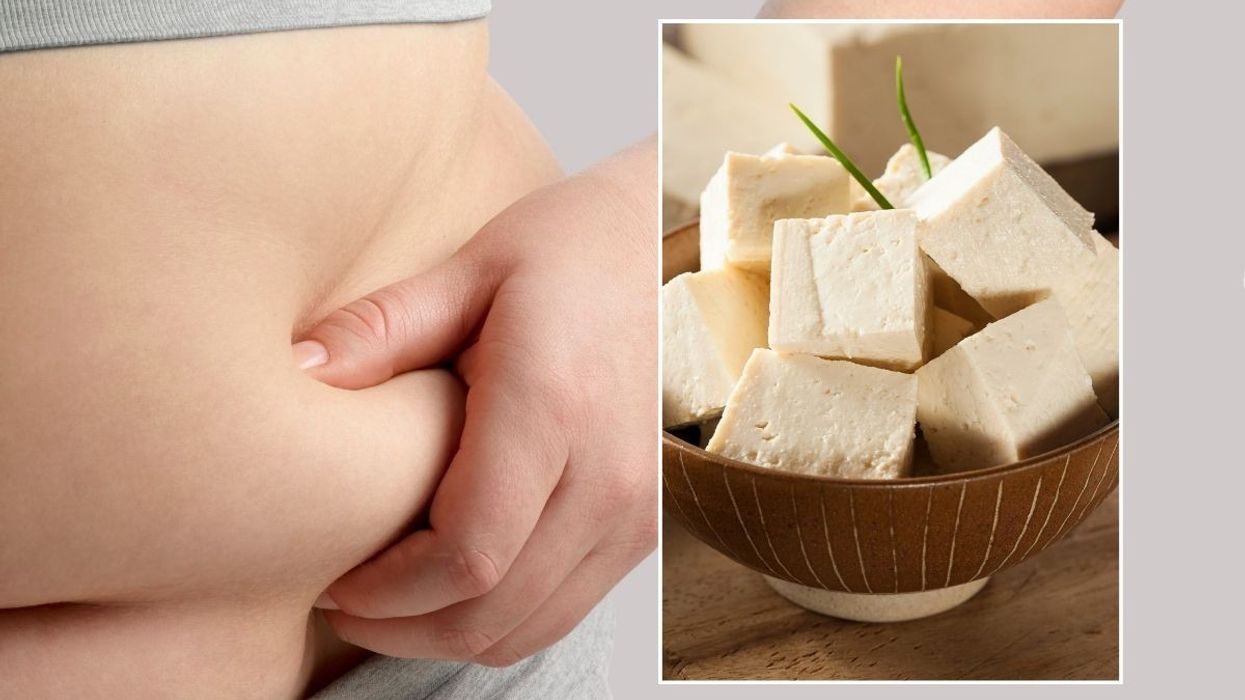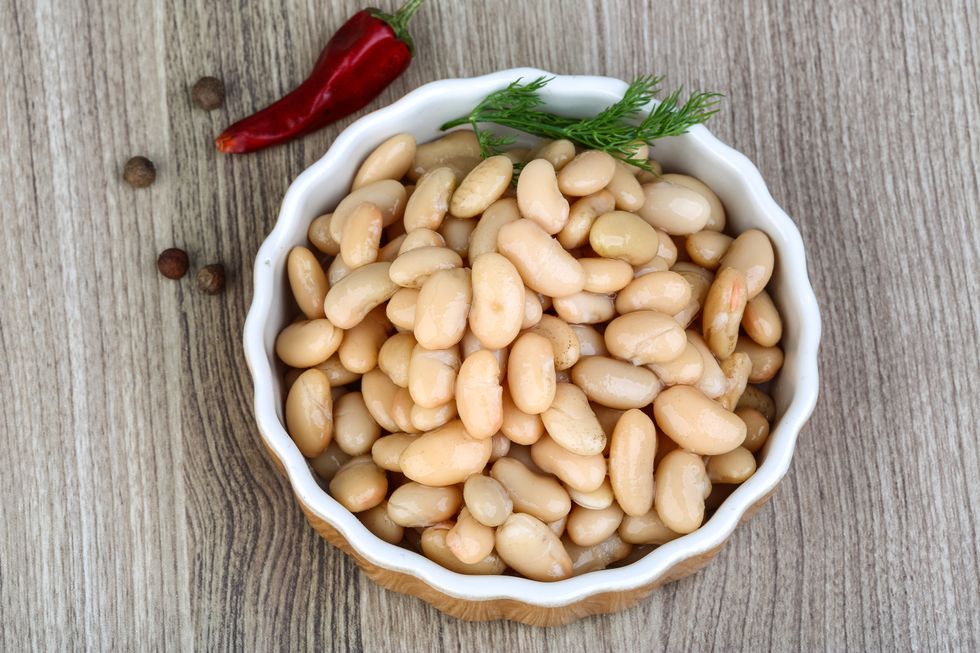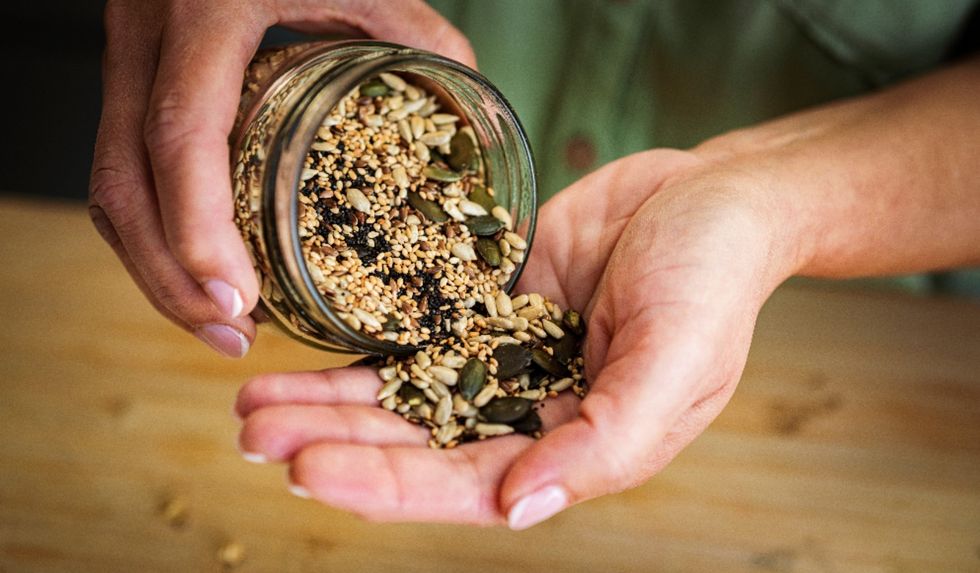'I'm a nutritionist - add 10 foods to your diet to boost your metabolism and burn fat'

Protein can help weight loss and an expert shared the best plant-based foods
| GETTY
An expert has told GB News the foods to reach for when trying to lose weight
Don't Miss
Most Read
A diet high in protein can boost the metabolism, help the body burn more fat and ensure slimmers feel satisfied and full.
Protein is naturally found in animal products such as meat, fish, eggs and dairy.
There are also many plant-based sources of protein for those looking to get more fibre or cut down on their meat intake.
Speaking exclusively to GB News, qualified nutritionist for Myprotein Jamie Wright shared 10 plant-based protein sources worth reaching for.

Beans are packed with protein
| GETTYSources of protein
Quinoa
"It is a complete protein that provides all essential amino acids, along with fibre and various vitamins and minerals."
Chia Seeds
"These tiny seeds are a complete protein and are also rich in omega-3 fatty acids and fibre."
Hemp Seeds
"Another complete protein source that offers essential fatty acids and minerals."
Edamame
"These are young soybeans that are a complete protein and also high in fibre and antioxidants."
Tofu
"Made from soybeans, tofu is a versatile protein source that can be used in a variety of dishes."
Tempeh
"It's a fermented soybean product that provides a complete amino acid profile and beneficial probiotics."
Buckwheat
"Despite its name, buckwheat is gluten-free and a complete protein, rich in fibre and antioxidants."
Amaranth
"It is an ancient grain that is a complete protein and high in iron and magnesium."
Soy Milk
"A dairy-free milk alternative that provides complete protein and is often fortified with additional vitamins and minerals."
Spirulina
"A blue-green algae that is a complete protein source and also rich in vitamins, minerals and antioxidants."
There are many animal-free options when trying to get protein into the diet, such as protein powders found in Myvegan's new Plant-Based Superblend Range. When eating plant-based, Jamie suggested combining sources to give a "complete protein".
LATEST DEVELOPMENTS

Seeds can be added to your meals
| GETTYHe said: "Animal-based proteins are typically complete, whereas most plant-based proteins are considered incomplete, as they lack one or more essential amino acids.
"By combining different plant-based proteins, one can achieve a complete amino acid profile, ensuring adequate intake of all essential amino acids.
"For example have rice and beans. Together, they provide all essential amino acids that are lacking from each individually.
"Hummus and whole wheat pita is another option. Chickpeas and whole wheat complement each other’s amino acid profiles. Or go for peanut butter on whole-grain bread. This combines legumes (peanuts) and grains to create a complete protein."







